- GU Home
- Equal Opportunities Office
- Dual Career
- Orientation in Frankfurt
- Application Process
Application Process
On this page we have compiled information and tips on the subject of job applications. This collection of information is primarily intended to point out further resources and provide food for thought for the creation of individual application documents. Part of the consulting offer of the DCSF is revising your own documents together. This offers the opportunity to optimize your CV, cover letter, and other documents, with professional support.
1. Job Search
For the search for job postings, we recommend the large standard online job portals, as well as a variety of industry-specific job portals, for a specialized search. Make sure that you write your entire application in the language of the respective job posting!
In order to identify potential employers in the region, you can use the websites of industry associations or regional networks. If you have found an attractive employer, but there is currently no suitable job advertised, you could submit an unsolicited application. When doing so, make sure that your application is directed to a specific contact person and that you are applying for a concrete job profile.
Please note: A good command of German is essential in the German job market. Even in international companies and organizations, German language skills are expected.
2. Written Application
A written application consists of a cover letter, resume, and all relevant supporting documents and certificates.
Unless otherwise requested in the advertisement, the usual application channel is via email. The application should be attached as a PDF file. All documents should be attached to this PDF file, which should not exceed a maximum size of 4 MB.
To ensure that application documents do not contain spelling or typing errors, all documents should be proofread by another person with a high level of language proficiency.
2.1 Curriculum Vitae
The curriculum vitae should list, without gaps, all relevant activities and training stations since the highest school-leaving qualification. In addition, it must be adapted to the respective advertisement, i.e. depending on the advertised position and the breadth of one's work experience, certain skills or stations should be emphasized, while irrelevant detailed information can be omitted.
The structure of a CV is anti-chronological, starting with the most recent job or graduation. This structure must be followed consistently and the same format must be used throughout for dates (e.g. March 2015 - June 2017 or 03/2015 to 06/2017).
If you have previously worked in academia but are now applying for a job in the private sector, check which information in your CV is of interest/relevance to the company. E.g. extensive publication lists, details about teaching experience/lectures/poster presentations at scientific conferences, for example, are often not.
In Germany, anonymous applications are not standard. Furthermore, although it is not mandatory to attach an application photo, it is often done and appreciated by recruiters as a personal element. Application photos should be professional and have a consistent background.
2.2 Cover Letter
The cover letter serves both to present your precise suitability for the position and your targeted motivation for the advertised position and the potential employer. Make sure that you do not retell the stages of your CV, but only write what is really relevant, and work out what exactly recommends you for the position. Be sure to address the job posting and the requirements, opportunities, and expectations described therein individually.
Always address the cover letter to the correct contact person and avoid generic phrasing.
2.3 Certificates
An application must contain all relevant certificates. These include certificates of educational qualifications and vocational training, as well as employment references. Instead of providing personal references, it is common practice in Germany to submit written job references that include information on tasks and an evaluation of services rendered. If no employer reference is available from some previous employers, these can be cited as references instead (after prior approval). The references should be arranged according to a standard pattern (e.g. anti-chronological or by type of certificate).
3. Job Interview
Prepare yourself thoroughly for the interview, i.e. gather relevant information about the employer and the position. Recall your own application documents, your achievements, arguments and goals. Present yourself in a confident and friendly manner. Be sure to arrive on time for the interview.
If you have questions about your interview or feel insecure, the DCSF will be happy to help you prepare fully for your appointment.
4. Specifics of Academic Applications
Academic applications are usually subject to different standards than applications to companies. Here, previous experience in research, and often, also in teaching and in acquiring third-party funding, is required in addition to professional suitability.
International scientists who are looking for a position in Germany can find initial information about scientific recruitment in Germany on the European Internet platform Euraxess Germany.
An overview of sponsorship programs for international researchers and programs to promote international mobility can be found on the website of the Alexander von Humboldt Foundation. Please note that the application for some programs has to take place before entering Germany.
- Studying at Goethe University
- International applicants
- Faculties
- Overview of study programmes
- Programme for refugees
- GRADE
- Goethe Business School (continuing education)
- Research at Goethe University
- Scientific news
- Goethe Welcome Center (for international researchers)
- Collaborative research projects
- Individual research
- Visiting fellowships
- Endowed chairs
- About the University
- News-in-brief
- University administration
- Campus locations
- Campus life
- University archives (German)
- Rhine-Main-Universities






